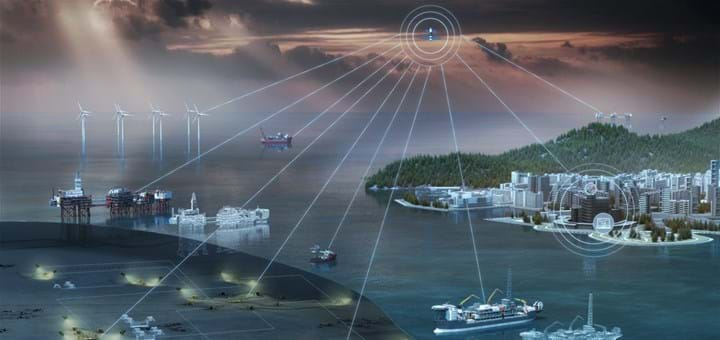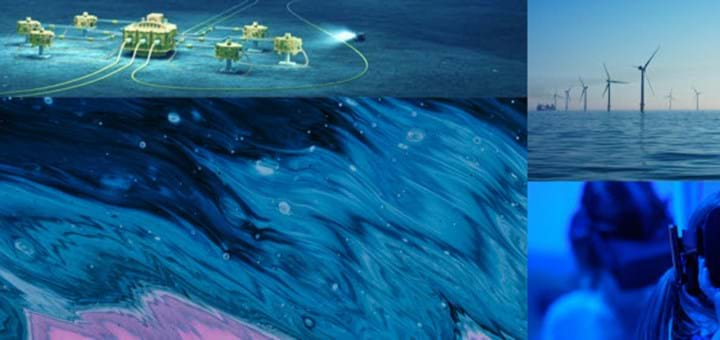Technology Transfer Cases at UTC
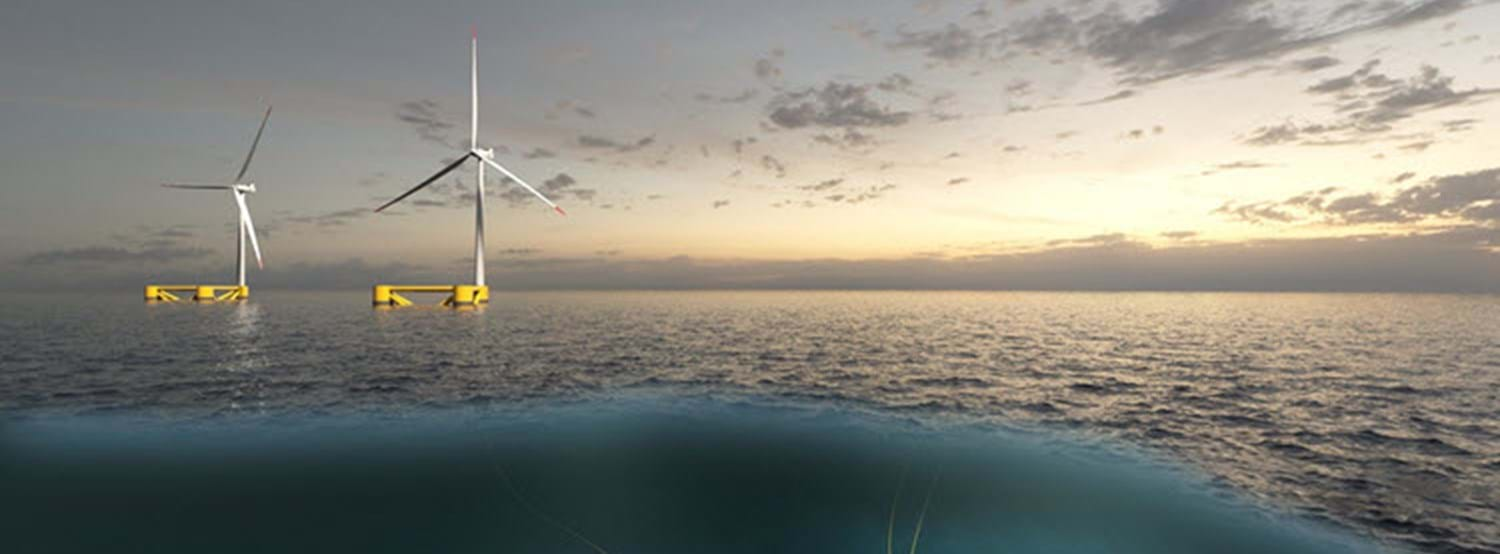
UTC Selected Topics starts 18 November and will feature presentations about how subsea technology can be used to advance other industries as well as transition back into subsea.
UTC Selected Topics will be held as a digital conference 18 November between 13:30-17:00 CET, featuring 20 world-class presentations.
Many of the presentations will focus on how boosting, compression and various digital technologies are reducing cost and CO2 emissions.
One interesting presentation is how offshore wind power can be used for subsea compression, and a second is a good case study on how subsea technology can be used to improve the operation of the UK rail network and vice versa.
Subsea Technology Improving the Railways
Degradation of electrical insulation resistance in subsea cables, connectors, and umbilicals is a global industry problem.
Neil Douglas, director of Viper Innovations will present a Joint Industry Project (JIP) sponsored by five super major operators between 2013-2018.
The technology has subsequently been utilised in subsea applications to monitor electrical integrity and to locate electrical failures and degradation.
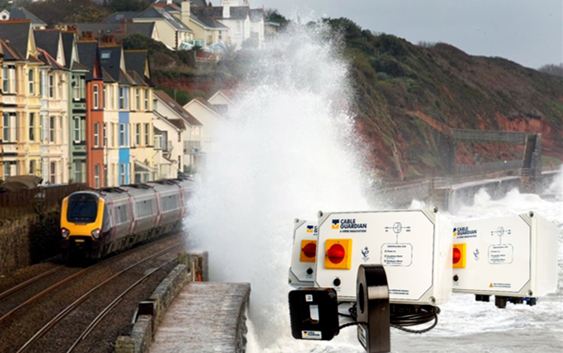
Between 2016 and 2019, the core monitoring technology has been adapted to create an electrical integrity monitoring product for the railway industry, which has been successfully trialed and approved by Network Rail in the UK.
Douglas will share some of the key decisions and initiatives that have been crucial to the success of the diversification. The route to diversification into another industry has demonstrated that the processes, quality systems, and expertise that are demanded by the subsea oil and gas industry; facilitate the move into other highly engineered business sectors.
In addition, continued technical developments that have been made for the railway applications will be transitioned back into the oil and gas sector to further benefit those operators who initially supported the JIP. This is a success story of a cross-industry technology transfer.
Subsea Compression Powered by Wind
Andrew Grant, a senior process engineer at Aker Solutions, will present how subsea compression can be powered by renewable energy sources.
Subsea Compression is undoubtedly a low-carbon alternative to onshore/topside compression due to the fact that placing the compressor(s) closer to the source results in less compressor shaft power being required.
It is possible, however, to go one step further and remove CO2 emissions entirely from a subsea compression system by powering the compressors with renewable energy generated on-site.
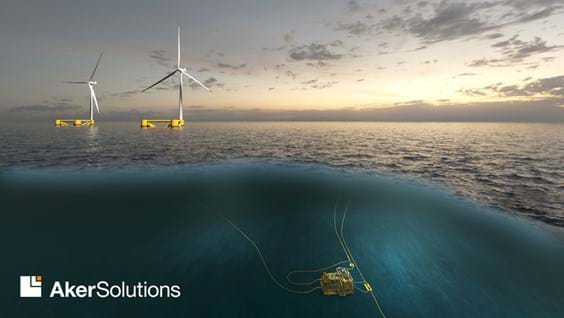
The presentation will discuss some of the key reasons why subsea compression readily lends itself to renewably sourced energy as its power supply, and will investigate a case study of wind-powered subsea compression.
Andrew believes the uptake of this technology will provide an additional path for decarbonizing the oil and gas industry.
Low Carbon and Digitalisation
UTC Selected Topics will feature dedicated sessions on Boosting, All-electric, SURF/operations, Field of the future, Digitalisation and Low carbon/technology transfer.
There will be presentations from Equinor, Aker BP, Total, BP, OneSubsea, Subsea 7, Baker Hughes, Aker Solutions, DNV GL and many more.
----------------------------------------------------------------------------------------------------
UTC Selected Topics is organised in collaboration with UTF and is supported by SPE and FFU:
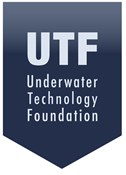
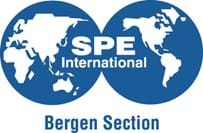
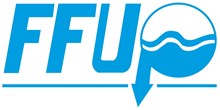
Contact Information


The Underwater Technology Conference (UTC) has a well-known history of presenting highly competent speakers on current and important topics for the subsea industry.
UTC has been arranged in Bergen Norway since 1980 and is hosted by UTF (Underwater Technology foundation) and GCE Ocean Technology.
Further Reading
Relalted Events
GCE Ocean Technology Events
Other events

